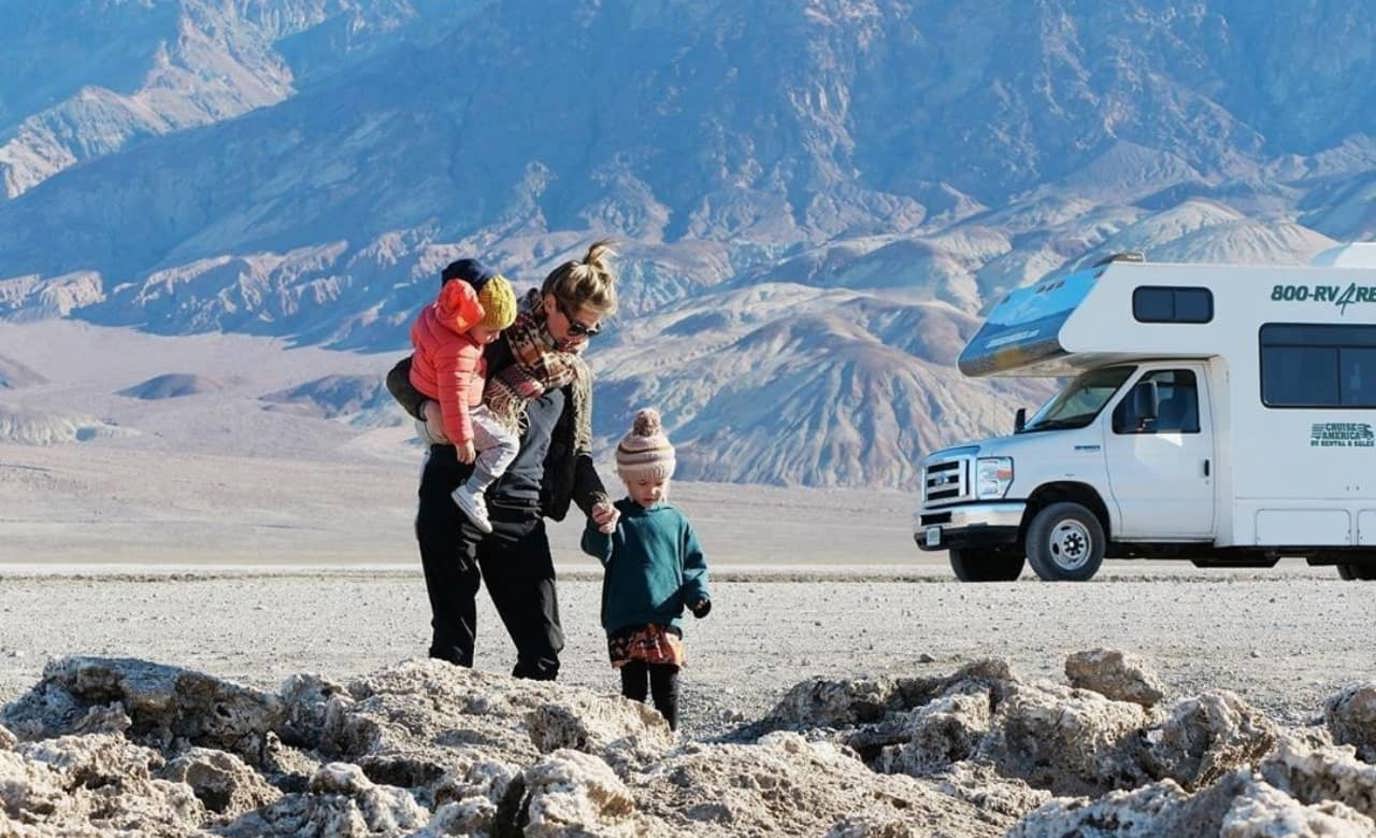
Boondocking, also known by the less adventurous term “dry camping,” refers to any time you’re camping without water, sewer and power connections. Your RV becomes a self-contained unit, and utilities are in finite supply.
Why do some RVers go the boondocking route? For one, it’s less expensive, with RV park fees ranging from $30-$60 per night. Plus, boondocking gives solitude seekers the ability to travel far off the beaten path.
If you’re considering an RV trip off the grid, you’ve come to the right place. These useful boondocking RV tips will guide you on your way.
What to Look For in a Boondocking RV
The first step in boondock camping is finding the right vehicle — you’ll need to be self-sufficient after all. These are some of the most important things to look for:
- Generator - for recharging the batteries that run the lights and power outlets
- Electric fan - you can’t run the AC while boondocking
- Solar panels - these are great for charging small appliances
- Toilet - there won’t be any outhouses or flush toilets while boondocking
- Large tanks - you’ll need plenty of fresh water and ample space for wastewater
Cruise America’s RV rentals come stocked with these essential items. Some of the larger vehicles provide even more equipment and larger storage tanks. Photo Credit: Instagram User @travelchillo
Photo Credit: Instagram User @travelchillo
10 RV Boondocking Tips For an Awesome Trip
Ready to roll? Not so fast! Read up on boondocking best practices so that you’re ready for the adventure ahead.
- Have a Backup Plan: Even with very careful planning, there’s always the potential for something to go wrong. You could find a rained out access road or a parking lot at capacity. Either way, have a second location lined up in case your first boondocking location falls through.
- Start Simple: Camping out in some Bureau of Land Management site in the middle of the desert is an RV traveler's dream, but that kind of adventure requires planning and experience. Start by boondocking in a parking lot, like Walmart’s, to get a feel for what supplies you’ll need (and then go inside and buy them).
- Have a Plan for Waste Water: Obtaining freshwater isn’t too difficult outside the desert, but disposing of your wastewater is. There are plenty of resources for finding dump stations. Be sure to use them to map out where and when you’ll empty your RV’s tanks.
- Seek Sites with Cell Coverage: While camping is all about unplugging, you may want some connection to the world on your first boondocking trip. If having at least some cell signal is important, browse campsite reviews to find info on cell strength by network. And keep in mind that cell signal is not a guarantee when boondocking.
- Empty the Trash Everyday: In a relatively small, enclosed space, garbage smells become overpowering. Put your trash in small bags and dispose of them at rest stops or the bins in front of big box stores. Your RV is your home on wheels, so make sure it stays fresh and clean throughout the trip.
- Know the Environment: You’ll be better prepared for the camping ahead if you know what’s in store. Check the weather and figure out what your campsite will be like. Is it shaded? Is it exposed to the wind? These types of questions will determine what you need to pack for a safe and happy boondocking adventure.
- Bring Auxiliary Power: Your RVs batteries need to power a variety of things and won’t last as long if you’re charging every phone, e-reader, and Bluetooth speaker on them. Take power banks and solar charges to reduce the strain on them.
- Make Your Meals Ahead of Time: With a limited water supply, you’ll need to be strategic about the number of dishes you’re washing. To cut back, consider making meals beforehand and storing them in the RV fridge and pantry. When you cook, dedicate one specific time for washing dishes rather than doing them multiple times a day.
- Draw the Shades: Closing the blinds/shades and putting a reflective cover over the windshield during the hotter parts of the day keeps your RV cooler.
- Conserve your resources. Simply put, the more you use, the less you have. Be cognizant of your resources and have an immediate plan or rest stop to replenish your resources.

Beginner Boondocker: Things You Should Know
Boondocking for the first time can be an intimidating experience. There’s so much to learn and so many things to plan for. That’s just it, though; boondocking doesn’t have to be difficult if you take the time to plan. One of the biggest mistakes novice boondockers make is feeling like they’ll “wing it.”
Think about the essential experiences of camping — sleeping, eating, drinking, going to the bathroom and staying warm or cool, depending on location. How might a lack of electricity and running water affect these things? Preparing for the unexpected goes a long way in making the boondocking experience fun and stress-free.
Additionally, you should be intimately familiar with your RV rental. Know where the spare tires are, how to dump the wastewater, and what to do if the batteries go dead. These are important things to know for any RV trip but are critical when going off-the-grid. Photo Credit: Instagram User @renan.dmoyses
Photo Credit: Instagram User @renan.dmoyses
Boondock With the Best at Cruise America
Armed with this bevy of RV boondocking tips, you can hit the open road and begin camping outside the parks. Cruise America has a great selection of RV rentals that include the right amenities for your trip.
Boondocking opens a whole new set of possibilities for where and how you can camp with an RV rental. Stop by one of Cruise America’s rental locations and see where you can go today!





